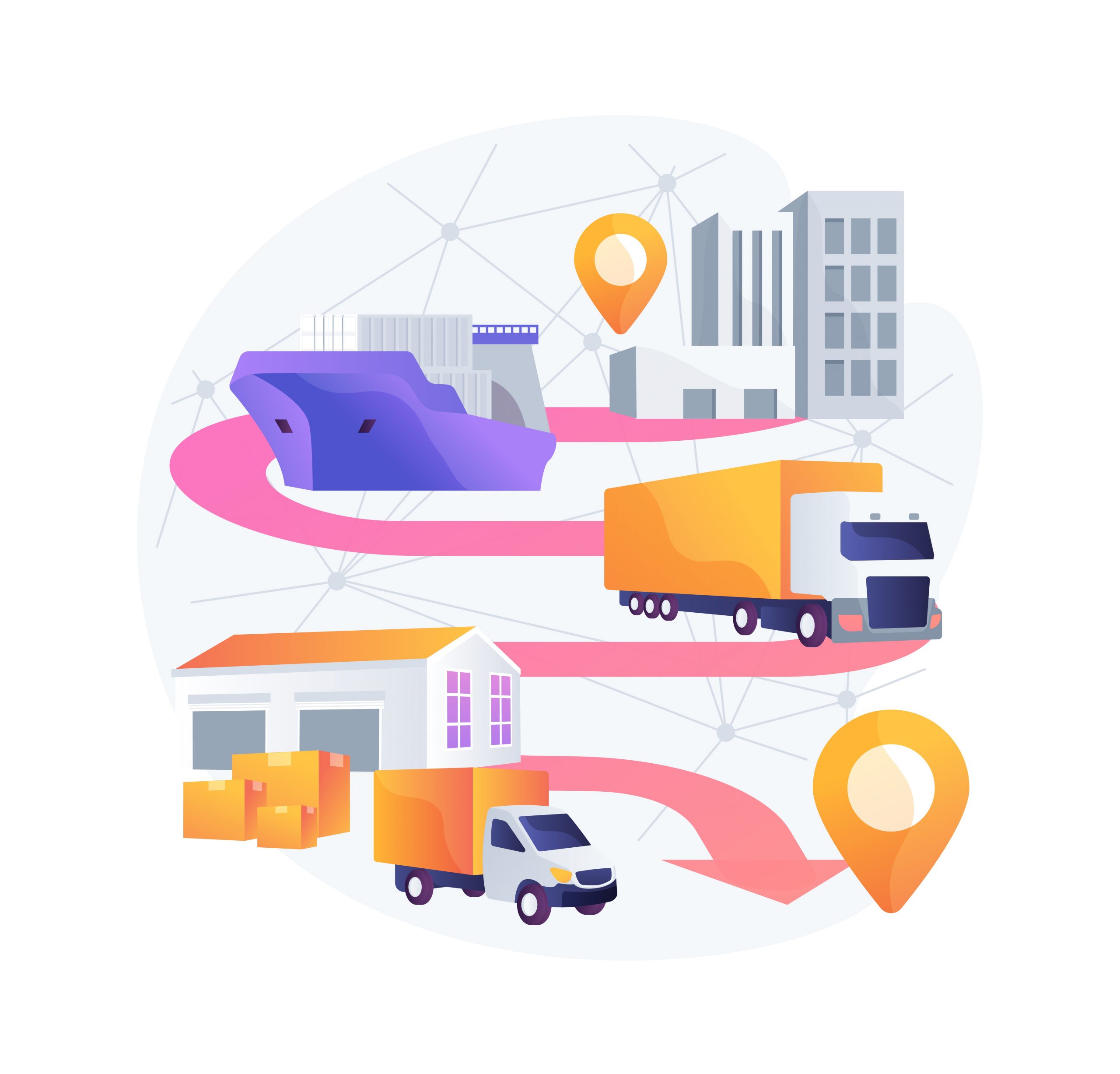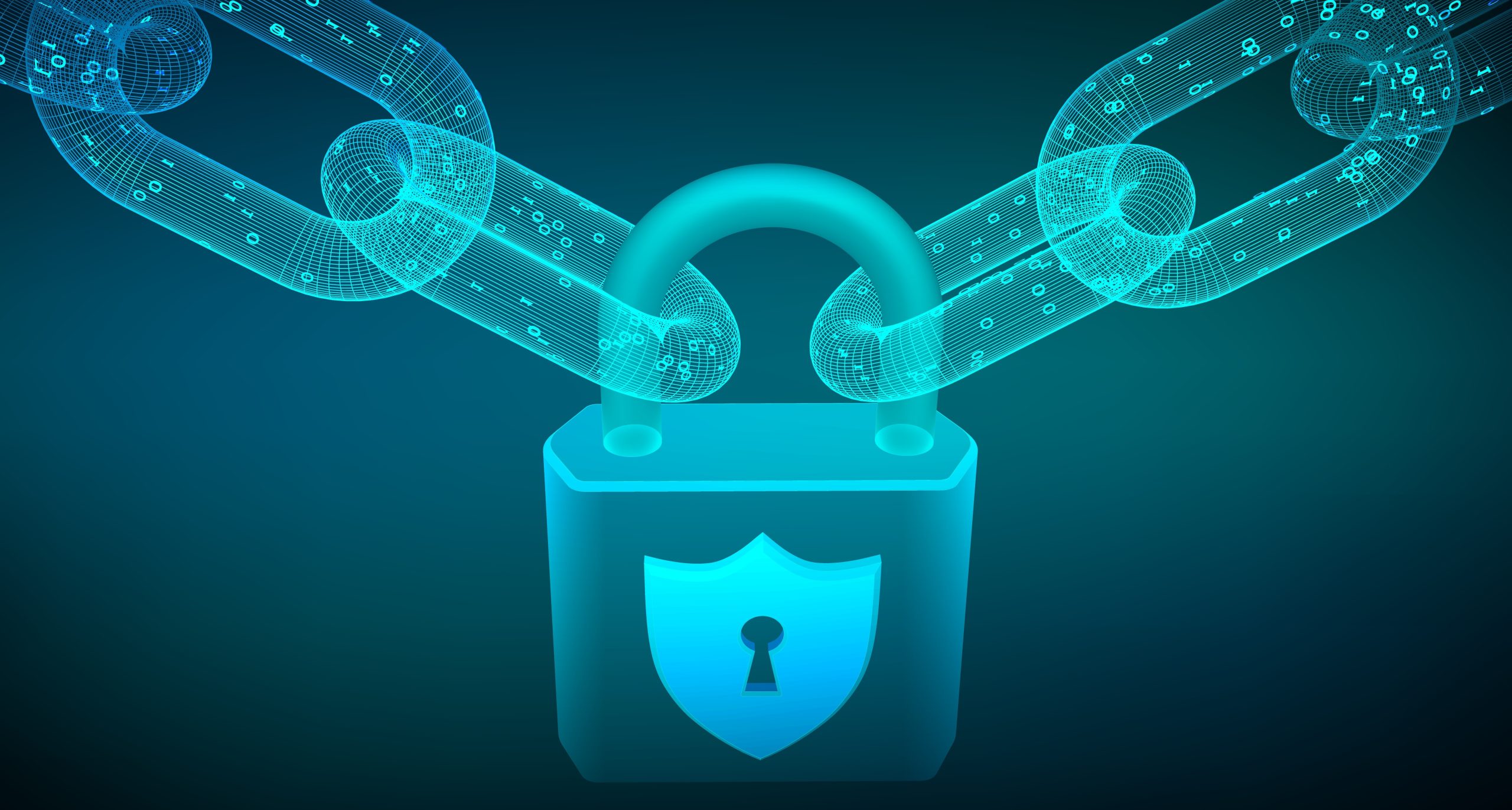Blockchain and My Industry

September 3, 2022
Blockchain talk again? Argh!
Errrrm yes, blockchain again… simply because it has come to stay and its use cases are too incredible to ignore. The initial thought that comes to mind when Blockchain technology is mentioned is bitcoin or other cryptocurrencies like Ethereum or USDT, but there’s more to blockchain technology besides cryptocurrencies, which are digital currencies. Today, we’ll take a look at some of the use cases of this technology and how relevant it is to various industries.
Wait, what is Blockchain technology again?
Blockchain is a shared, immutable ledger that facilitates the process of recording transactions and tracking assets in a business network. An asset can be tangible (a house, car, cash, land) or intangible (intellectual property, patents, copyrights, branding). Virtually anything of value can be tracked and traded on a blockchain network, reducing risk and cutting costs for all involved. This makes it impossible or difficult for the system to be changed, hacked, or manipulated. Isn’t that great news! Learn about Blockchain technology here.
How does this help my industry?
Businesses run on information. The faster it’s received and the more accurate it is, the better. Blockchain is ideal for delivering that information because it provides immediate, shared, and completely transparent information stored on an immutable ledger that can be accessed only by permissioned network members. And because members share a single view of the truth, you can see all the details of a transaction end to end, giving you greater confidence, as well as new efficiencies and opportunities.
Which industries can this apply?
Simple answer, every industry or business can benefit from the transparency and immutable nature of the blockchain. The first use case is in the healthcare industry. Information about patients is incredibly private and delicate. Hospitals, diagnostic centers, pharmacies, medical professionals, and nurses can all use the blockchain network to store and transfer patient data. Any small modification is immediately reflected throughout all networks, and the accuracy of the data is checked. As a patient, you don’t have to worry about your bio data and medical records being tampered with, and for healthcare facilities, the right diagnosis can be carried out on patients based on verified and trusted medical history.
Does it sound interesting?
Grab a popcorn, there’s more…
Let’s talk Real Estate & Property. Real estate investment opportunities will become more available for everyone as Blockchain technology enables proportional and fractional ownership of a plot of land or building, increasing market participation for all and opening up new financing opportunities for developers. The transparency of property documentation that blockchain technology provides is especially important in Africa, where there are many land conflicts, to ensure verified property ownership and resale.
It can also be applied to voting and governance, right?
You get the idea! Applications based on blockchain can aid in ensuring election and voting process transparency. This significantly reduces the number of electoral anomalies and paperwork, saving both money and time. Most importantly, it’s unlikely that elections will be manipulated, thus ensuring free and fair elections for all. A sigh of relief, perhaps?
How about identity theft?
From medical identity theft to stolen credit card fraud, businesses are losing both brand loyalty and reputation as a result of their inability to adequately safeguard consumer identity. Blockchain technology helps protect user data and prevents criminal identities from entering the system by securing transaction channels, narrowing down fraud entry points, and giving users ownership of their data by eliminating the use of third party applications.
Lastly, for this article let’s look at the supply chain industry.
What applications of blockchain exist in the supply chain? Distributed Ledger Technology (DLT) applications use blockchain in the supply chain to allow for secure, consensual transactions between international trading partners over facts that are disclosed, enhancing efficiency, transparency, and visibility. Immutability into the provenance of items, the removal of reconciliation burden across numerous parties, real-time visibility to do track and trace analysis, identify risks, and quicken physical and financial supply chains are all examples of blockchain use cases for supply chains.
These are just a few of the many use cases of blockchain technology and there seems to be more and more applications as the days go by.



